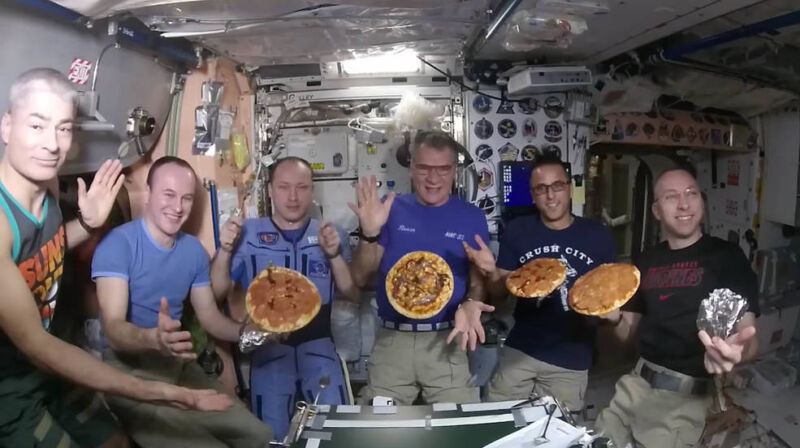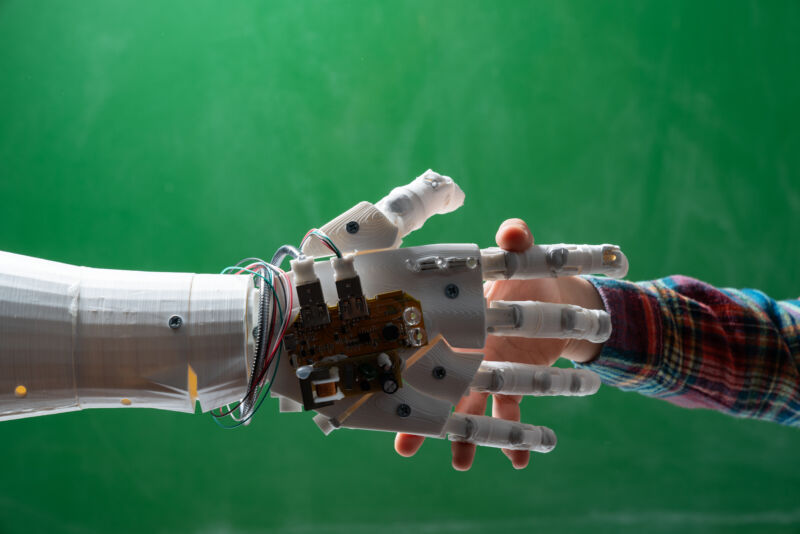-
 chevron_right
chevron_right
Astronauts find their tastes dulled, and a VR ISS hints at why
news.movim.eu / ArsTechnica · Yesterday - 17:17

Enlarge / The environment you're eating in can influence what you taste, and space is no exception. (credit: NASA )
Astronauts on the ISS tend to favor spicy foods and top other foods with things like tabasco or shrimp cocktail sauce with horseradish. “Based on anecdotal reports, they have expressed that food in space tastes less flavorful. This is the way to compensate for this,” said Grace Loke, a food scientist at the RMIT University in Melbourne, Australia.
Loke’s team did a study to take a closer look at those anecdotal reports and test if our perception of flavor really changes in an ISS-like environment. It likely does, but only some flavors are affected.
Tasting with all senses
“There are many environmental factors that could contribute to how we perceive taste, from the size of the area to the color and intensity of the lighting, the volume and type of sounds present, the way our surroundings smell, down to even the size and shape of our cutlery. Many other studies covered each of these factors in some way or another,” said Loke.








